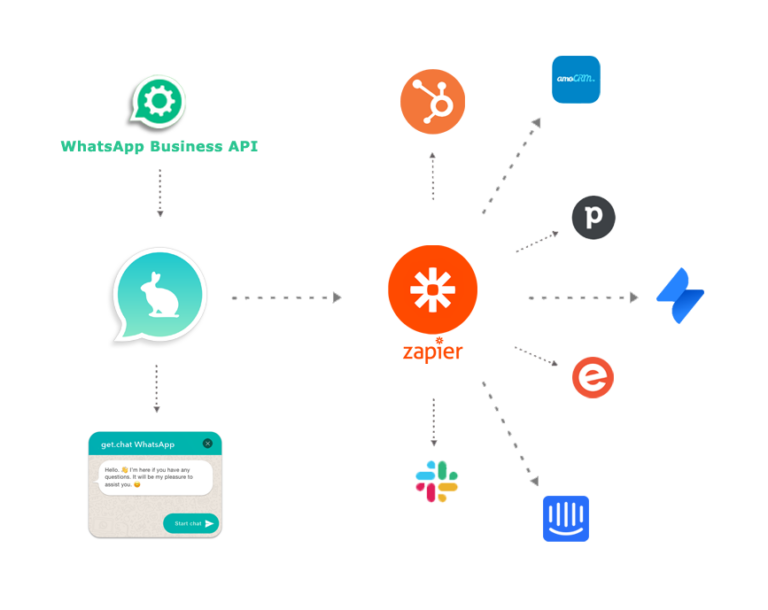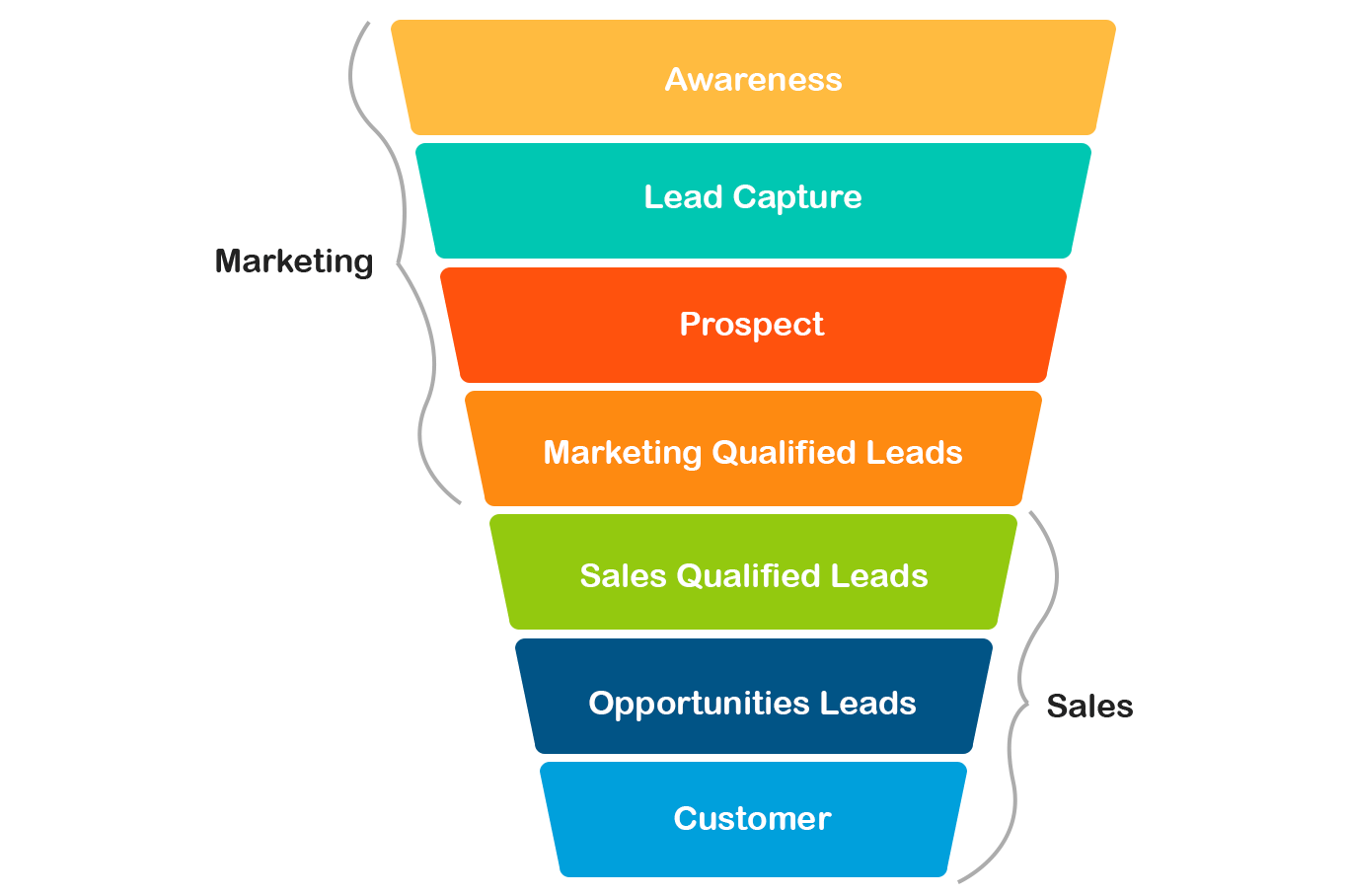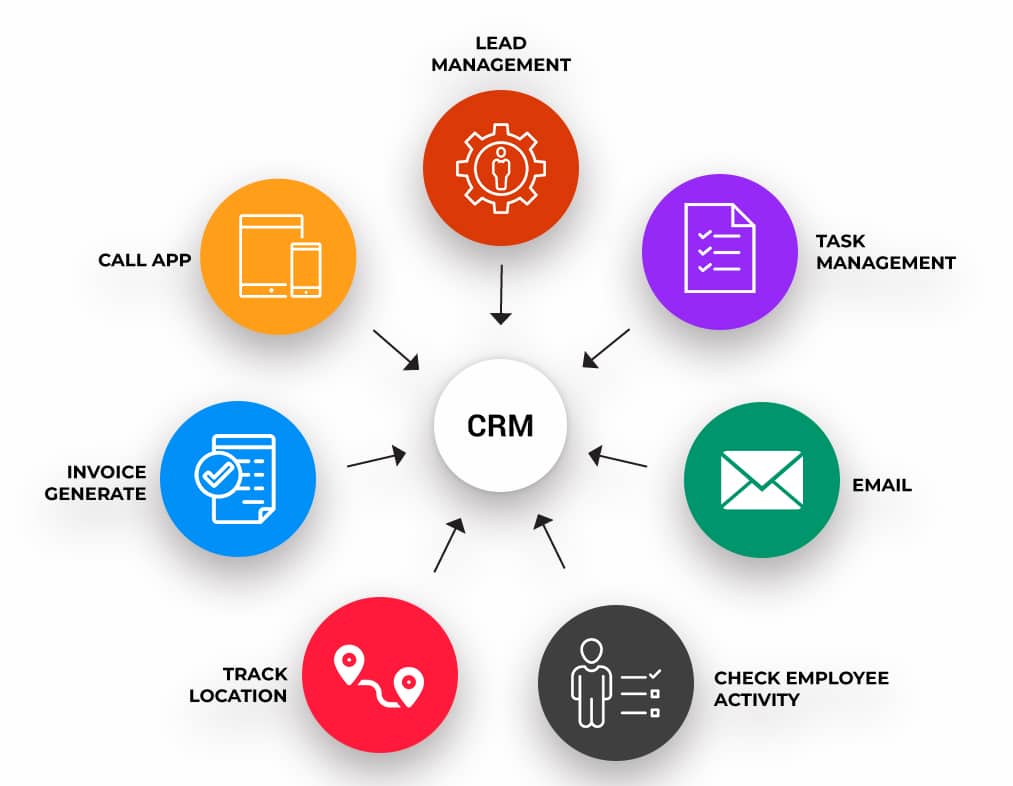Unlocking Success: A Deep Dive into CRM Marketing Performance Tracking
In the fast-paced world of marketing, staying ahead of the curve is no longer a luxury; it’s a necessity. And in this pursuit of excellence, Customer Relationship Management (CRM) systems have emerged as indispensable tools. But a CRM is only as effective as the insights it provides. This is where CRM marketing performance tracking comes into play, transforming raw data into actionable strategies and measurable results. This comprehensive guide dives deep into the world of CRM marketing performance tracking, exploring its intricacies, benefits, and the practical steps you can take to harness its power.
What is CRM Marketing Performance Tracking?
At its core, CRM marketing performance tracking is the systematic process of monitoring, analyzing, and evaluating the effectiveness of your marketing efforts within your CRM system. It’s about more than just collecting data; it’s about understanding how your marketing initiatives are impacting your customer relationships, sales, and, ultimately, your bottom line. This involves tracking a wide range of metrics, from website traffic and lead generation to conversion rates and customer lifetime value.
Think of it like this: you’re setting sail on a journey. Your CRM is the ship, and your marketing campaigns are the course you’ve charted. Performance tracking is the compass, the sextant, and the map, guiding you through the waters, helping you avoid obstacles, and ensuring you reach your destination – which, in this case, is marketing success.
Why is CRM Marketing Performance Tracking Important?
The benefits of CRM marketing performance tracking are numerous and far-reaching. Here are some of the key advantages:
- Data-Driven Decision Making: Gone are the days of relying on gut feelings and intuition. With performance tracking, you have concrete data to inform your decisions. You can see which campaigns are performing well, which ones are falling short, and make adjustments accordingly.
- Improved ROI: By identifying what’s working and what’s not, you can optimize your marketing spend and maximize your return on investment (ROI). This means more leads, more conversions, and more revenue for every dollar you invest.
- Enhanced Customer Understanding: CRM systems store a wealth of information about your customers, and performance tracking helps you unlock this potential. By analyzing customer behavior and interactions, you can gain a deeper understanding of their needs, preferences, and pain points.
- Increased Sales Effectiveness: Performance tracking allows you to align your sales and marketing efforts, ensuring that your sales team is equipped with the right leads and the right information to close deals.
- Better Campaign Optimization: Real-time tracking allows you to make adjustments to your campaigns on the fly. If you see a particular ad isn’t performing well, you can tweak it, pause it, or replace it entirely.
- Improved Customer Retention: By tracking customer interactions and engagement, you can identify at-risk customers and proactively address their concerns, leading to improved customer retention rates.
Key Metrics to Track in Your CRM
The specific metrics you track will depend on your business goals and the nature of your marketing campaigns. However, some key metrics are universally important:
- Website Traffic: This includes the number of visitors to your website, the pages they visit, and the time they spend on each page. This helps you understand which content is resonating with your audience and which areas need improvement.
- Lead Generation: Track the number of leads generated through your marketing efforts. This includes leads from website forms, landing pages, and other lead capture mechanisms.
- Conversion Rates: This is the percentage of leads that convert into customers. This is a critical metric for measuring the overall effectiveness of your marketing campaigns.
- Customer Acquisition Cost (CAC): This is the cost of acquiring a new customer. It’s calculated by dividing your total marketing and sales expenses by the number of new customers acquired.
- Customer Lifetime Value (CLTV): This is the predicted revenue a customer will generate over the course of their relationship with your business. CLTV helps you understand the long-term value of your customers and make informed decisions about customer acquisition and retention strategies.
- Marketing Qualified Leads (MQLs): These are leads that have shown some level of engagement with your marketing content and are considered more likely to become customers.
- Sales Qualified Leads (SQLs): These are leads that have been vetted by your sales team and are considered ready for a sales conversation.
- Campaign Performance: Track the performance of individual marketing campaigns, including click-through rates, conversion rates, and ROI.
- Email Marketing Metrics: Monitor open rates, click-through rates, and conversion rates for your email campaigns.
- Social Media Engagement: Track likes, shares, comments, and other engagement metrics on your social media platforms.
How to Implement CRM Marketing Performance Tracking
Implementing CRM marketing performance tracking is a process that involves several key steps:
- Define Your Goals and Objectives: Before you start tracking anything, you need to know what you’re trying to achieve. What are your key marketing goals? What specific outcomes do you want to measure?
- Choose the Right CRM System: Not all CRM systems are created equal. Some are better suited for marketing performance tracking than others. Look for a system that offers robust reporting and analytics capabilities, as well as integrations with other marketing tools.
- Set Up Your CRM: Configure your CRM to track the metrics that are most important to your business. This may involve creating custom fields, setting up integrations, and configuring reports and dashboards.
- Integrate Your Marketing Tools: Connect your CRM with your other marketing tools, such as your email marketing platform, social media management tools, and website analytics platform. This will allow you to track data from all of your marketing channels in one central location.
- Establish a Tracking Schedule: Determine how often you’ll review your performance data. This could be daily, weekly, monthly, or quarterly, depending on your needs.
- Analyze Your Data: Regularly review your performance data and look for trends, insights, and areas for improvement.
- Make Data-Driven Decisions: Use your data to inform your marketing strategies and make adjustments to your campaigns as needed.
- Optimize and Refine: The process of CRM marketing performance tracking is ongoing. Continuously optimize your tracking methods and refine your strategies based on the insights you gain.
Best Practices for CRM Marketing Performance Tracking
To get the most out of your CRM marketing performance tracking efforts, consider these best practices:
- Start Small: Don’t try to track everything at once. Start with a few key metrics and gradually add more as you become more comfortable.
- Focus on Actionable Metrics: Choose metrics that will help you make informed decisions and drive results.
- Use a Consistent Naming Convention: Use a consistent naming convention for your campaigns and other marketing assets. This will make it easier to track and analyze your data.
- Automate as Much as Possible: Automate data collection and reporting to save time and reduce the risk of errors.
- Visualize Your Data: Use charts, graphs, and dashboards to visualize your data and make it easier to understand.
- Collaborate with Your Team: Share your performance data with your team and encourage collaboration. This will help you identify opportunities for improvement and ensure that everyone is aligned on your goals.
- Regularly Review Your Data: Don’t just set up your CRM and forget about it. Regularly review your data and make adjustments to your strategies as needed.
- Stay Updated: The world of marketing is constantly evolving. Stay up-to-date on the latest trends and best practices in CRM marketing performance tracking.
Tools and Technologies for CRM Marketing Performance Tracking
Several tools and technologies can help you with CRM marketing performance tracking:
- CRM Systems: The foundation of your performance tracking efforts. Popular CRM systems include Salesforce, HubSpot, Zoho CRM, and Microsoft Dynamics 365.
- Marketing Automation Platforms: These platforms, such as Marketo, Pardot, and ActiveCampaign, can automate many marketing tasks and provide valuable data for performance tracking.
- Web Analytics Tools: Tools like Google Analytics provide insights into website traffic, user behavior, and conversion rates.
- Email Marketing Platforms: Platforms like Mailchimp, Constant Contact, and Sendinblue offer detailed analytics on email campaign performance.
- Social Media Analytics Tools: Tools like Hootsuite, Sprout Social, and Buffer provide insights into social media engagement and performance.
- Data Visualization Tools: Tools like Tableau and Power BI can help you visualize your data and create compelling reports and dashboards.
Overcoming Challenges in CRM Marketing Performance Tracking
While CRM marketing performance tracking offers immense benefits, it’s not without its challenges. Here are some common hurdles and how to overcome them:
- Data Silos: Data silos occur when data is stored in different systems and not easily accessible or integrated. To overcome this, integrate your CRM with other marketing tools and platforms.
- Data Accuracy: Inaccurate data can lead to flawed insights and poor decisions. Implement data validation procedures and regularly review your data for errors.
- Lack of Integration: Failure to integrate your CRM with other marketing tools can limit your ability to track performance across all channels. Ensure that your CRM is seamlessly integrated with your marketing stack.
- Complexity: CRM systems can be complex, and setting up performance tracking can be time-consuming. Start small and gradually add more features as you become more comfortable.
- Lack of Expertise: If you don’t have the necessary expertise in-house, consider hiring a consultant or training your team.
- Data Overload: Too much data can be overwhelming. Focus on the metrics that are most important to your business and avoid getting bogged down in unnecessary information.
- Attribution Challenges: Determining which marketing touchpoints are most responsible for a conversion can be complex. Use attribution models to gain a better understanding of the customer journey.
The Future of CRM Marketing Performance Tracking
The future of CRM marketing performance tracking is bright, with several emerging trends shaping the landscape:
- Artificial Intelligence (AI): AI is being used to automate data analysis, identify patterns, and provide predictive insights.
- Machine Learning (ML): ML algorithms are being used to personalize customer experiences and optimize marketing campaigns in real-time.
- Cross-Channel Attribution: Marketers are moving towards more sophisticated attribution models to understand the customer journey across multiple channels.
- Focus on Customer Lifetime Value (CLTV): Businesses are increasingly focusing on CLTV as a key metric for measuring marketing success.
- Integration of Data: As more businesses adopt a data-driven approach, there is an increasing trend of integrating data from various sources to gain a holistic view of marketing performance.
Conclusion
CRM marketing performance tracking is no longer a nice-to-have; it’s a must-have for any business that wants to succeed in today’s competitive market. By implementing a robust performance tracking system, you can gain valuable insights into your marketing efforts, optimize your campaigns, and ultimately drive more revenue. So, take the time to understand the principles, choose the right tools, and start tracking your performance today. The rewards – increased ROI, improved customer understanding, and sustainable growth – are well worth the effort.
Embrace the power of data, and watch your marketing efforts soar to new heights.





